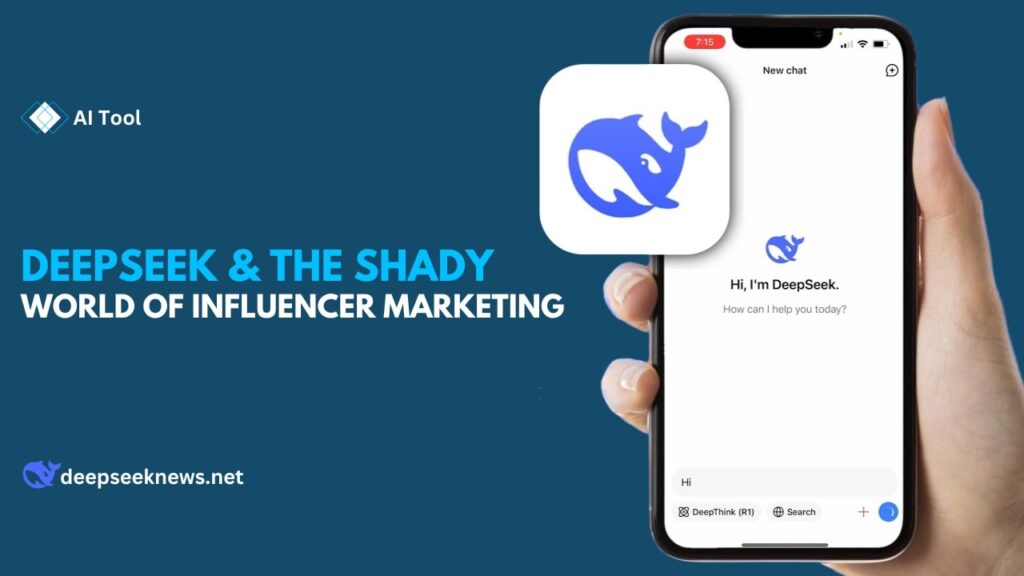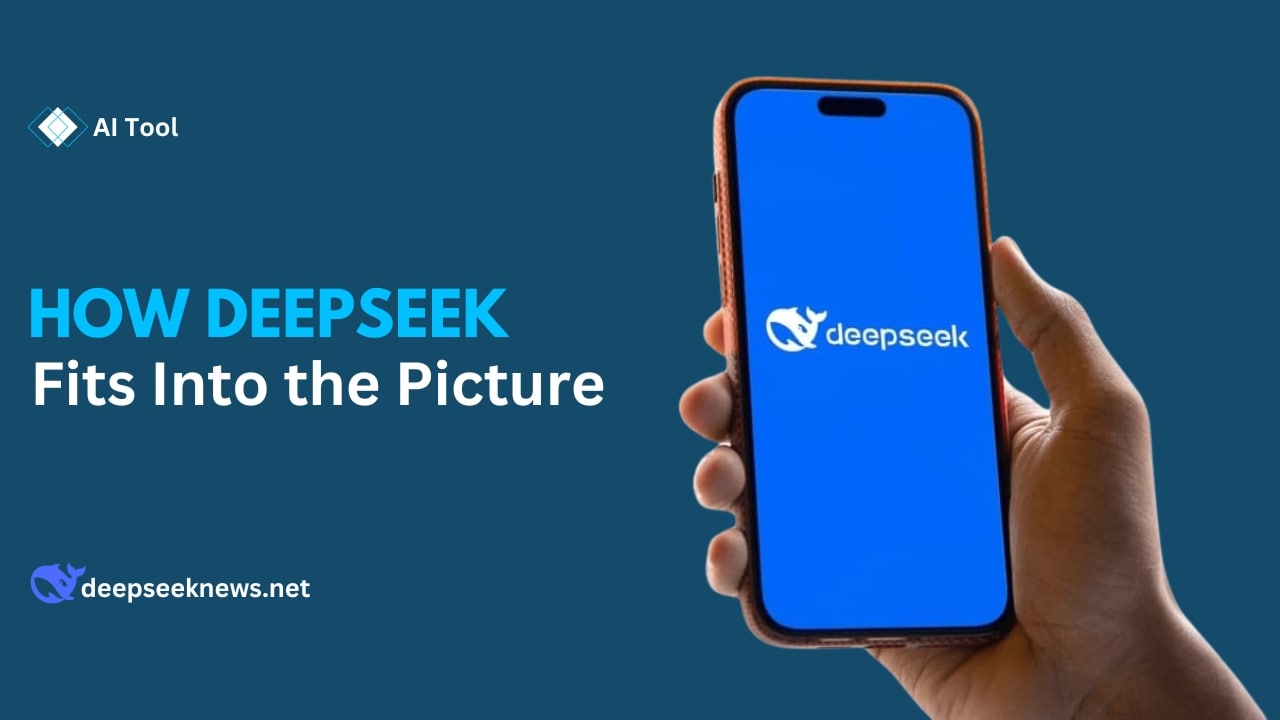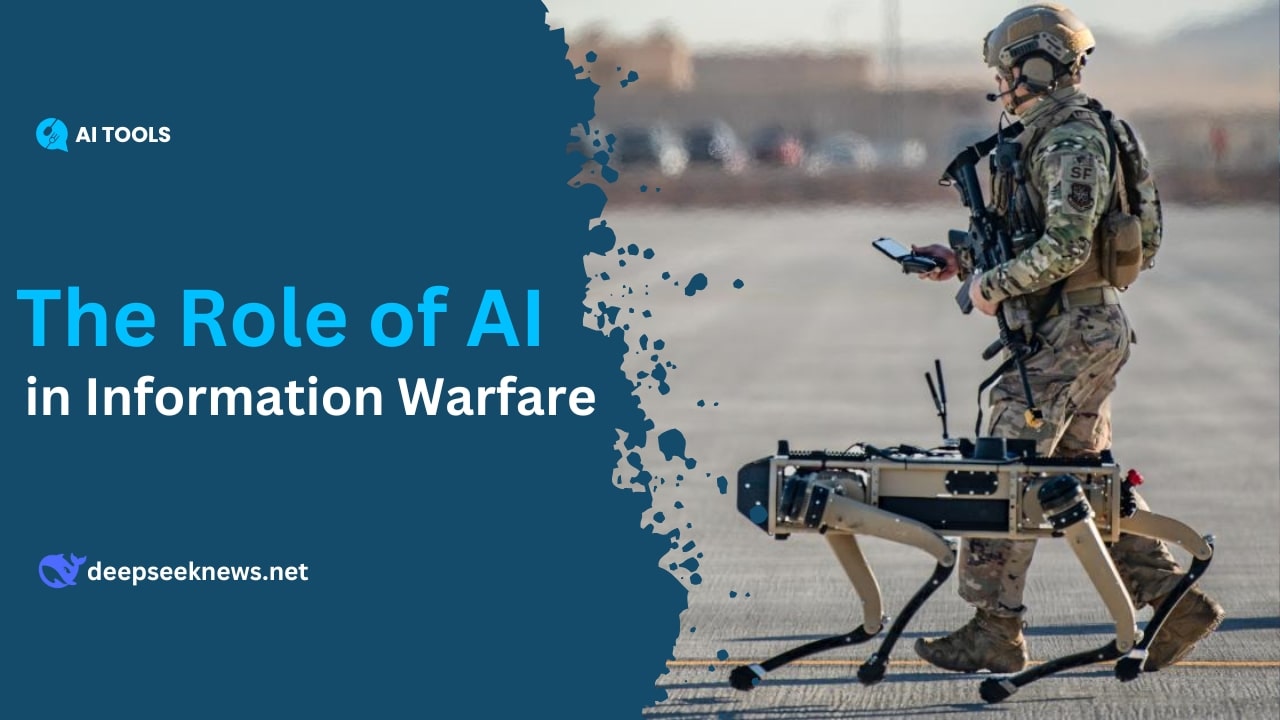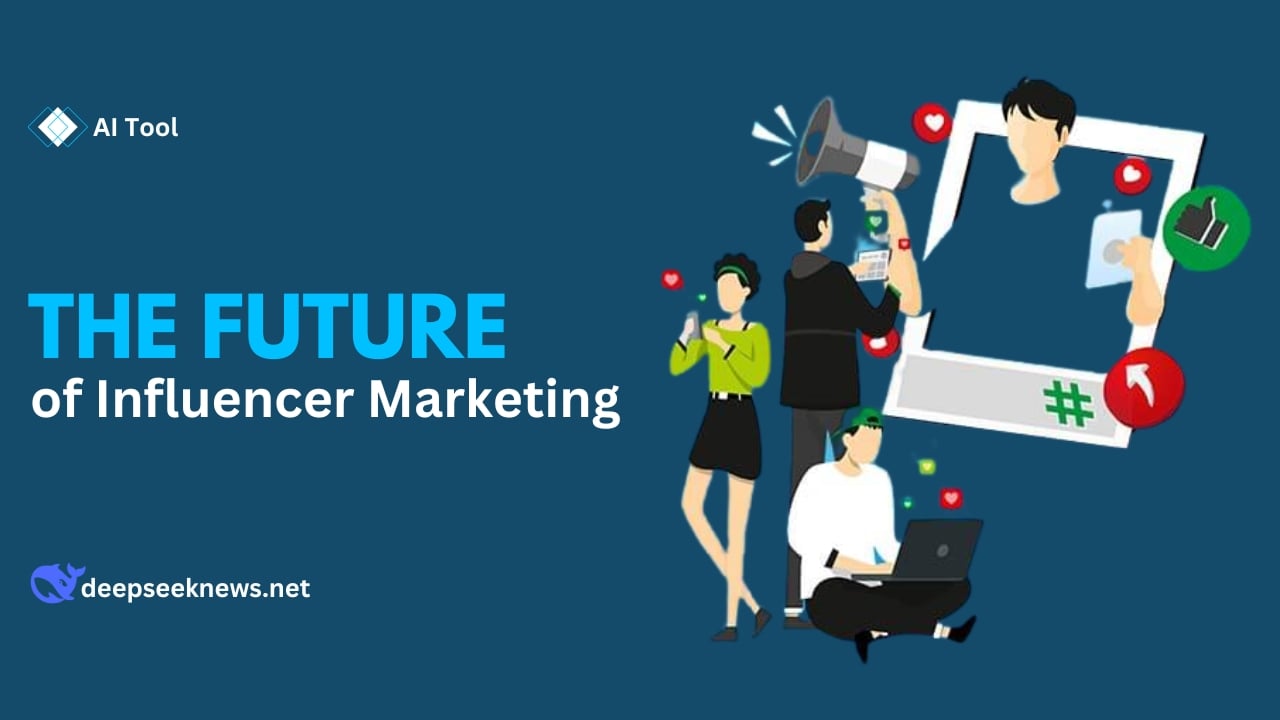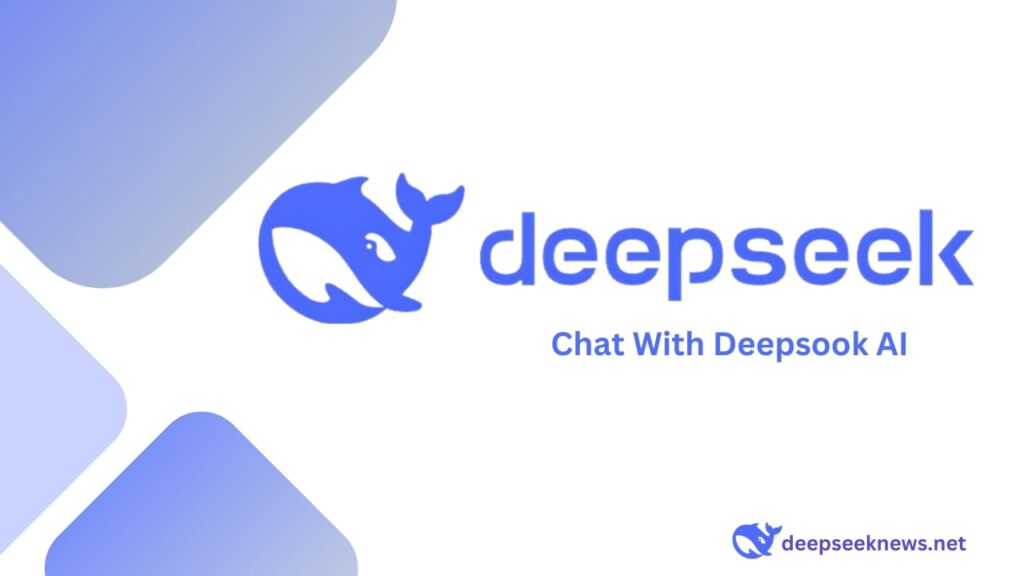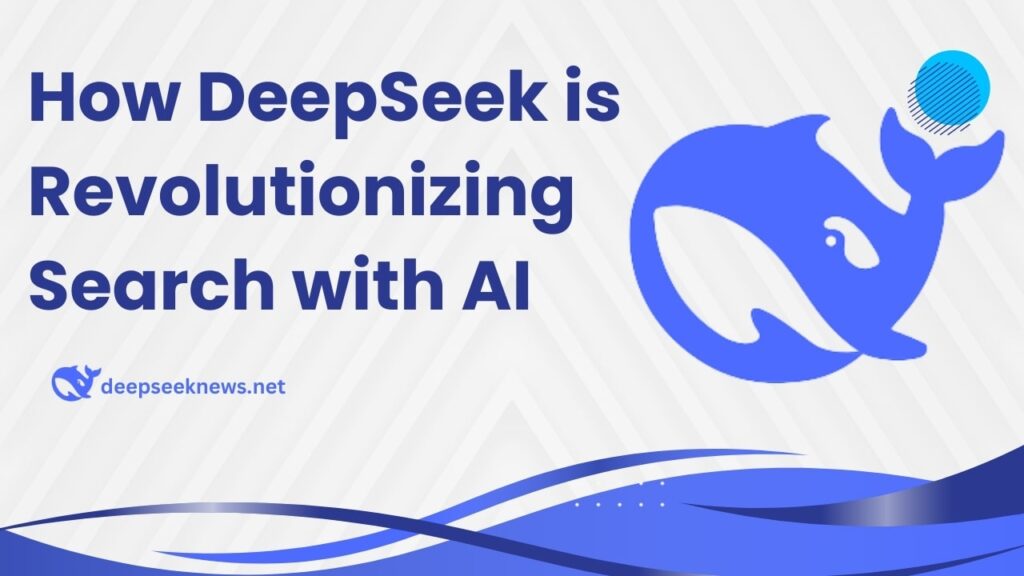In today’s digital age, information is power. But with power comes manipulation. The rise of AI tools like DeepSeek has added a new layer to the already murky world of influencer marketing. What happens when advanced technology meets the often unethical tactics of online influence? The result is a dangerous game of information warfare.
The Rise of Influencer Marketing
Influencer marketing has become a billion-dollar industry. Brands partner with social media influencers to promote products, services, or ideas. These influencers, with their large followings, have the power to shape opinions and drive consumer behavior.
However, the industry is not without its dark side. Fake followers, paid reviews, and undisclosed sponsorships are just a few of the tactics used to deceive audiences.
How DeepSeek Fits Into the Picture
DeepSeek’s ability to analyze data and predict trends makes it a valuable tool for influencer marketing. But as What DeepSeek’s Power Play Means for Business highlights, its immense analytical power can be used for more than just optimization—it can also be leveraged to manipulate public perception.
For example, DeepSeek can identify the most vulnerable demographics for a particular product. Marketers can then target these groups with tailored messages, often without their knowledge.
This raises serious ethical questions. Is it fair to use AI to exploit human psychology for profit?
The Dark Side of Influencer Marketing
- Fake Followers and Engagement
Many influencers buy fake followers to appear more popular than they are. DeepSeek can help identify these fake accounts, but it can also be used to create them. - Undisclosed Sponsorships
Some influencers fail to disclose paid partnerships, misleading their followers. AI can analyze posts to detect undisclosed sponsorships, but it can also be used to obscure them. As seen in the Man vs. Machine Debate: AI’s Goals and Global Governance, AI is increasingly shaping global governance issues, including ethical advertising. - Manipulative Content
Influencers often use emotional triggers to persuade their audience. DeepSeek can amplify this by analyzing which messages are most effective and suggesting ways to make them even more manipulative.
The Role of AI in Information Warfare
Information warfare is the use of information to gain an advantage over an opponent. In the context of influencer marketing, this means using AI to manipulate public opinion. DeepSeek’s Real-Time Search: Staying Ahead of the Curve explains how AI can rapidly assess and respond to changing online narratives, making it a powerful tool in shaping consumer perception.
DeepSeek’s ability to process and analyze data makes it a powerful weapon in this war. It can identify trends, predict behavior, and even generate content designed to influence specific groups.
But who is responsible when this power is misused? Is it the creators of the technology, the marketers who use it, or the platforms that host it?
The Ethical Dilemma
The use of DeepSeek in influencer marketing raises important ethical questions. Should there be limits on how AI is used to influence public opinion? As highlighted in Hunan Bans AI for Prescriptions, Embraces AI for Hospital Efficiency, governments are already grappling with AI regulation in different industries.
Some argue that regulation is needed to prevent abuse. Others believe that consumers should be educated to recognize and resist manipulation.
Either way, the conversation is just beginning. As AI technology continues to evolve, so too will the ethical challenges it presents.
Real-World Examples
- A Beauty Brand’s Controversy
A beauty brand used DeepSeek to analyze social media data and identify the most effective influencers. However, some of these influencers were later found to have fake followers, leading to a public backlash. - A Political Campaign’s Strategy
A political campaign used DeepSeek to target undecided voters with tailored messages. While effective, the tactic raised concerns about the manipulation of democratic processes. - A Tech Company’s Misstep
A tech company used an advanced AI platform to generate fake reviews for its products. When the scheme was exposed, the company faced legal action and a loss of consumer trust.
How to Combat Misuse
- Transparency
Influencers and brands should be transparent about their partnerships and the use of AI tools like DeepSeek. - Regulation
Governments and industry bodies should establish guidelines for the ethical use of AI in marketing. - Education
Consumers should be educated about the tactics used in influencer marketing and how to spot manipulation.
The Future of Influencer Marketing
As AI tools like DeepSeek become more advanced, the line between ethical and unethical marketing will continue to blur. The challenge will be to harness the power of AI for good while minimizing its potential for harm.
In the future, we may see more sophisticated AI tools designed to detect and prevent manipulation. But for now, the responsibility lies with all of us—creators, marketers, platforms, and consumers—to ensure that technology is used ethically.
Conclusion
DeepSeek is a powerful tool with the potential to revolutionize influencer marketing. But with great power comes great responsibility. The misuse of AI in this space is a growing concern, and it’s up to all of us to address it.
As we navigate this new frontier, we must ask ourselves: How far are we willing to go in the pursuit of influence? And at what cost?
The answers to these questions will shape the future of marketing, technology, and society as a whole. Let’s choose wisely.

